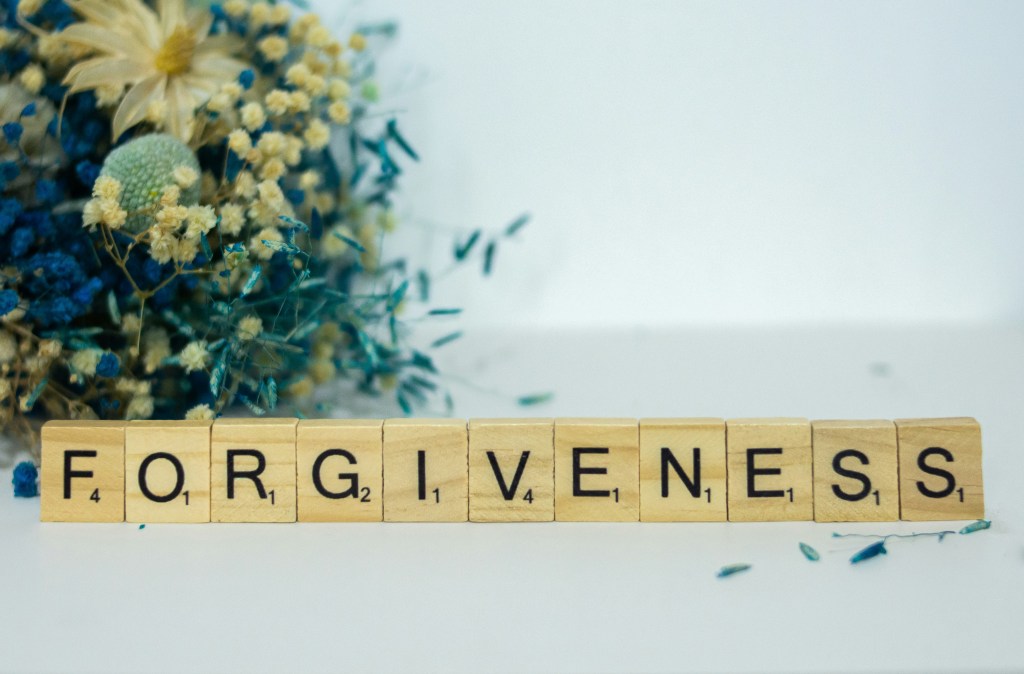In a world where words can sometimes wound deeply, forgiveness emerges as a transformative force. It’s not just about forgiving others for the hurtful words they’ve spoken; it’s also about forgiving ourselves for the words we wish we could take back. Here’s why forgiveness is crucial:
- Freedom from Resentment: Holding onto resentment from hurtful words only weighs us down. Forgiveness releases this burden, allowing us to move forward with a lighter heart.
- Restoration of Relationships: Forgiveness can mend broken relationships. When we extend forgiveness, it opens the door to reconciliation and rebuilding trust.
- Personal Growth: Forgiving others and ourselves is a powerful act of self-care. It allows us to let go of negative emotions and focus on personal growth and healing.
- Breaking the Cycle: By forgiving, we break the cycle of negativity. Instead of perpetuating hurtful words, we choose to replace them with words of understanding and compassion.
The Courage to Apologize
On the flip side of forgiveness is the courage to apologize when we’ve been the ones to cause pain with our words. Offering a sincere apology is not a sign of weakness but of strength and humility. Here’s why apologies matter:
- Acknowledgment of Impact: Apologizing shows that we recognize the impact of our words on others. It validates their feelings and demonstrates empathy.
- Rebuilding Trust: A genuine apology is the first step in rebuilding trust. It shows that we are willing to take responsibility for our actions and make amends.
- Restoring Dignity: When we apologize, we honor the dignity of the person we’ve hurt. We acknowledge their worth and affirm our commitment to treating them with respect.
- Setting an Example: By apologizing, we set an example for others. We show that it’s okay to make mistakes but what truly matters is how we take ownership and strive to do better.
Cultivating a Culture of Empathy
Creating a culture of empathy and kindness begins with each one of us. Here are some practical steps we can take to foster this culture:
- Listen with Intent: Truly listening to others, without judgment or distraction, is a powerful way to show empathy. It validates their experiences and feelings.
- Use Positive Language: Choosing positive and uplifting language can shift the tone of conversations. Words of encouragement and affirmation can brighten someone’s day.
- Be Mindful of Impact: Before speaking, consider the impact your words may have. Will they build up or tear down? This awareness is key to fostering empathy.
- Lead by Example: Our actions speak louder than words. By demonstrating empathy in our interactions, we inspire others to do the same.
Conclusion: Words as Agents of Healing
In a world where brokenness and pain often stem from words, we have the power to be agents of healing. Let us choose our words with care, recognizing their potential to either uplift or wound. Through forgiveness and sincere apologies, we can mend the wounds caused by hurtful words and pave the way for reconciliation.
Together, let’s cultivate a culture of empathy, where kindness and understanding prevail. Our words have the power to shape our relationships, our communities, and the world at large. Let us use this power to build, uplift, and heal—one word at a time.
As we navigate the complexities of human interaction, may we always remember the profound impact our words can have. Let empathy guide our speech, and let healing be the legacy of our words.


Leave a comment